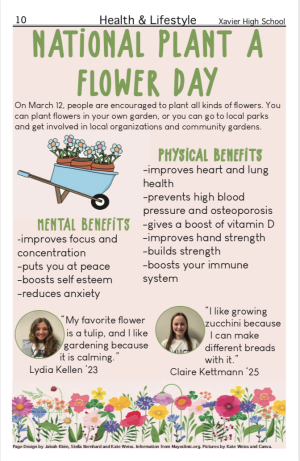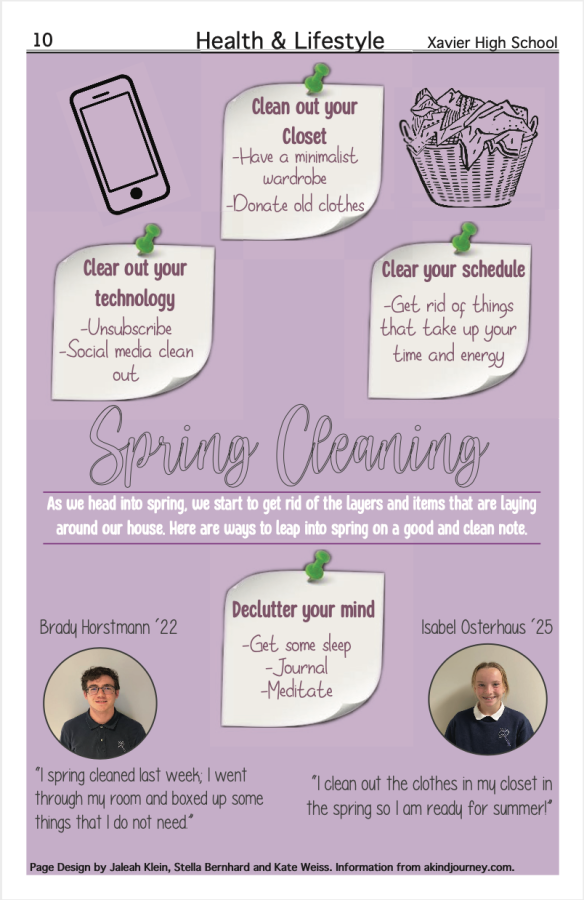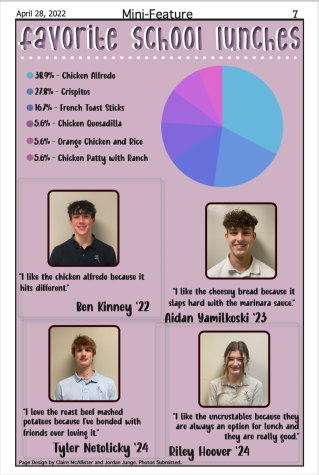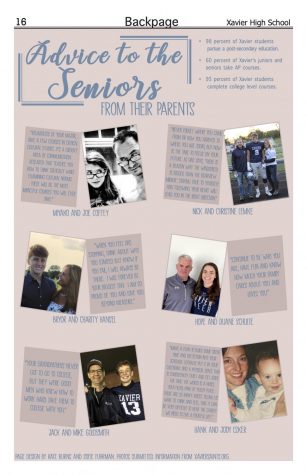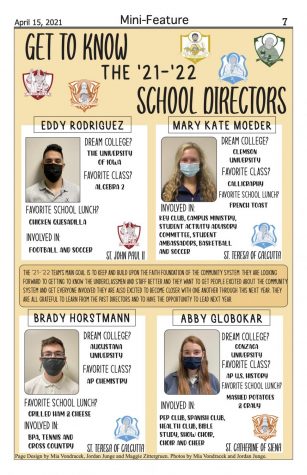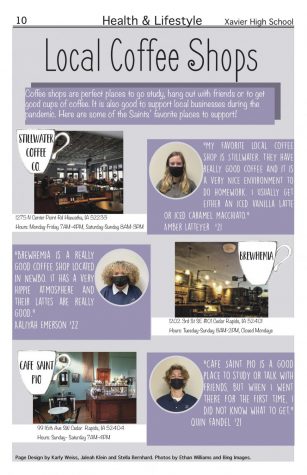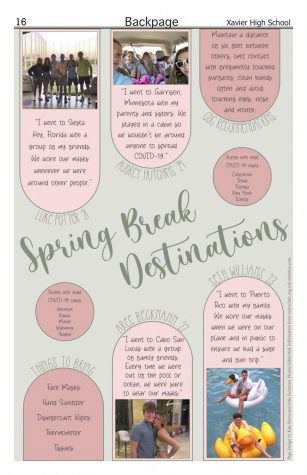The truth about sexual education
February 20, 2018
As a seventeen year old who has maintained a 4.0 GPA throughout high school, I can explain a lot of different concepts that most adults don’t understand. For example, I can identify and apply almost twenty different rhetorical devices to any piece of writing. I can derive the quadratic equation, and I can tell you the mitochondria is the powerhouse of the cell. However, I cannot tell you what it means to be sexually active.
At the age of thirteen, I started receiving yearly physicals. Like any teenager who goes to the doctor, my pediatrician asked me a series of questions about my health, the final always being whether or not I am sexually active. I never knew what my doctor meant by this question. What does it mean to be sexually active?
When I was first asked this question, I had just begun to start developing into the young woman I am today. However, I was still thirteen, and didn’t have a clue as to what it meant to be sexually active. The question made me uneasy. I had absolutely no knowledge concerning sex, yet a doctor was asking me whether I was sexually active.
I’ve gone to a Catholic school my whole life. The courses offered at Xavier relating to sex are called Theology of the Body. Typically in these “sex ed” classes, the only information students are given about sex is that it is meant to be shared within a marriage. While I know this is true, it is terrifying to me that this will be the only information I have about my body and sex when I enter into marriage. Throughout high school, I have never been given the tools to understand my body. As a Catholic, I know that abstinence is the key to a successful marriage and relationship with Christ; but is educating myself about my body going against this concept?
Teenagers are naturally curious individuals. Our minds are constantly being fed new knowledge: from physics, to calculus, to music theory, and anywhere in between. Very few teenagers will grow up to be physicists, but almost all teenagers will grow up and have sex. Without being supplied the tools at school to understand sex and what is happening inside our bodies, we turn to other places for answers. In some cases, this may be a parent. However, not every child has a strong enough relationship with their parents to the point where they would feel comfortable discussing sex with them. With no adult to talk to, we turn to the internet. The internet is filled with the exact sexual information adults don’t want us to see: pornography, inaccurate definitions and descriptions of sexual acts and infections, and Cosmopolitan quizzes that tell us what kind of sexual partner we are. Xavier students are being raised in a sex-crazed culture with no guidance from the adults that we look up to most.
Some may argue that because we are Catholic and know that abstaining from sex will keep us safe and spiritually sound, we don’t need to be supplied with the information needed to know how to practice safe sex or understand the way our bodies work. Every student at Xavier knows that abstinence is the only way to truly protect ourselves from the emotional and physical consequences that sex can present. I would rather be taught why the Catholic choice pertaining to abstinence and my body is correct, rather than be told what I am supposed to do with my own body.
As Catholics, we believe that we are born with free will and a conscience. While our conscience can help us make the right decisions, we have no way of knowing what the right decision is when we are not given all of the pertaining information. According to a study conducted by the Public Library of Science, states with abstinence-only education laws that stress abstinence until marriage were significantly less successful in preventing teenage pregnancy than those states that discuss sexual education beyond abstinence. Parents and teachers: if we are given an education outside of abstinence, we will be able to make our own informed choices. But with the only tool given to us that we can take into the real world being “don’t have sex,” we are entering an adult culture as naive eighteen year olds, unaware of the consequences our actions may have if we stray from this belief of our faith.
After high school, most of us will attend a public college or university where it is out of the norm to not engage in sexual activities. Even if we don’t engage in these activities, a sexual atmosphere will surround our whole world. We need to be prepared to deal with that reality. We need to be educated.
Sylvia Clubb
Co-Editor-in-Chief

